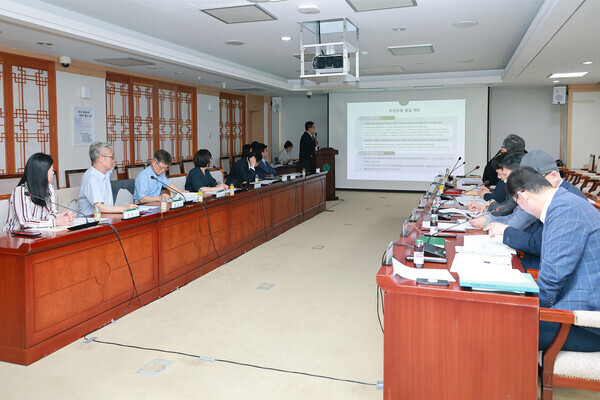
Daejeon City has made significant strides towards becoming a carbon-neutral society, surpassing its 2024 greenhouse gas reduction targets. The city's strategic efforts have led to a remarkable 103% achievement of its annual reduction goal, amounting to a decrease of 354,000 tons of greenhouse gases across key sectors. This success is equivalent to planting approximately 50 million 20-year-old trees.
The impressive reduction was largely driven by robust initiatives in the building, transportation, and waste management sectors. Key contributing factors include the establishment of small-scale solar power plants, the operation of a carbon neutrality points system, and projects aimed at reducing vehicle emissions. Notably, the waste sector showcased outstanding performance through the recycling of landfill gas and biogas generated during food waste treatment.
According to the Carbon Neutrality and Green Growth Committee's review, 65% of the evaluated projects achieved their reduction targets, with an additional 29% progressing as planned. The transportation sector demonstrated a high rate of goal attainment, while the waste sector recorded the most substantial greenhouse gas reduction.
During a recent meeting, the '2050 Carbon Neutrality and Green Growth Committee' meticulously reviewed the implementation progress with experts, fostering in-depth discussions on policy enhancement. The meeting also saw the deliberation and approval of the '2024 Basic Plan Implementation Review Results'.
Looking ahead, Daejeon plans to accelerate its journey towards 2050 carbon neutrality by continually developing new reduction initiatives. These include the introduction of eco-friendly new transportation methods and the creation of natural recreation forests.
"The climate crisis will continue to be unpredictable, sudden, and powerful, and carbon neutrality is the only alternative in this crisis," stated Yoo Deuk-won, Daejeon City Administrative Vice Mayor, emphasizing the city's ongoing commitment to a carbon-neutral transition.
Further information on Daejeon's environmental policies and related national efforts can be found through resources such as the Ministry of Environment and InvestKOREA. Specific corporate contributions, such as LG Uplus's solar power facility in Daejeon, also highlight the broader commitment to sustainability within the region.
[Copyright (c) Global Economic Times. All Rights Reserved.]



























